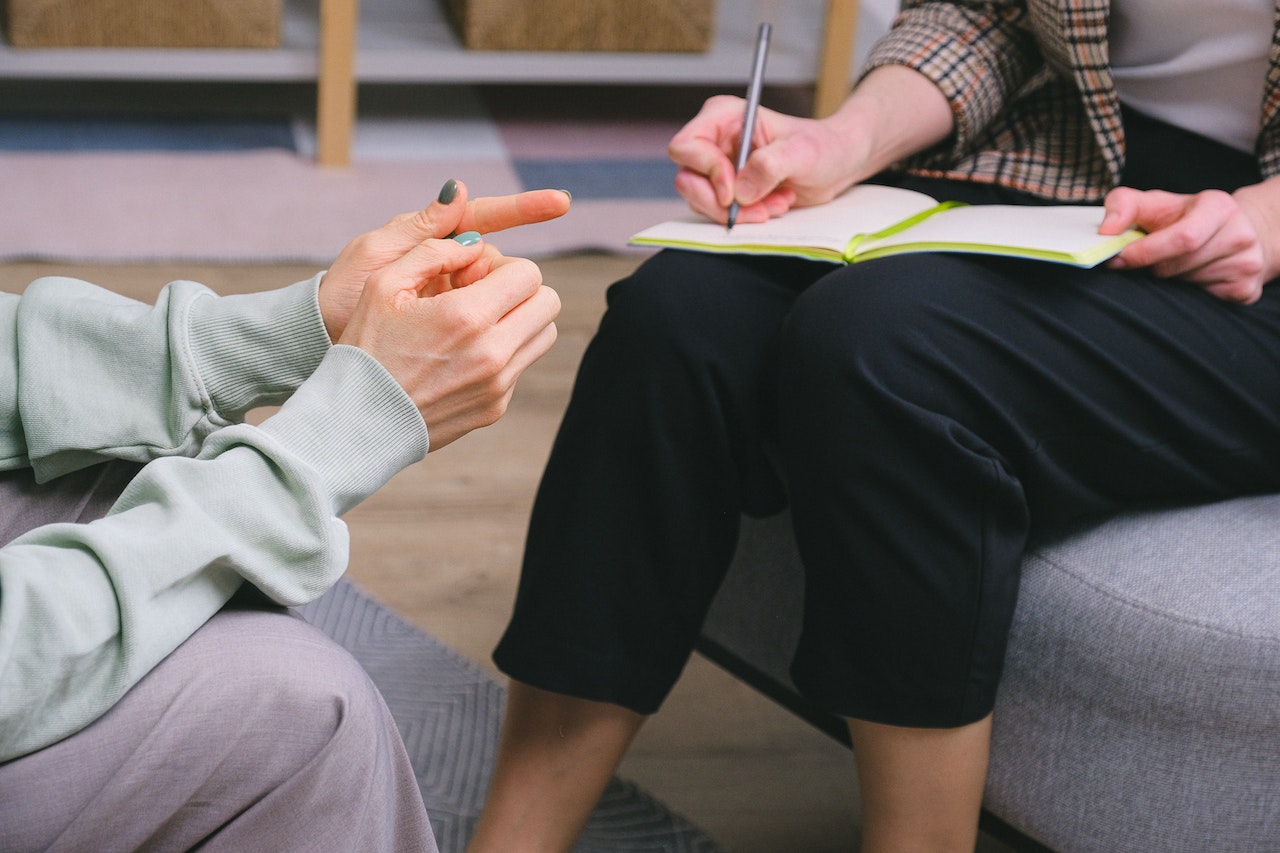NHS Organ Donation – Through the NHS App!
Over half a million people have consented to organ donation on their passing to help medical research and those awaiting transplant – and in a novel way. The NHS app has allowed more people than ever to reach schemes like organ donation whereas previously the rather archaic system was to do either with driving insurance, paper card registration or through a paper process. The ease of access to the organ donation consent and registration will be a lifeline to the 7,000 patients actively awaiting a transplant. Organ donation, though, is a very personal decision and some who abstain often have cultural or religious reasons hindering them from doing so – this means, for those who are not religious or come from a culture that discourages or forbids donation of organs, there is a bright opportunity to potentially make an enormous difference to someone’s life after you’ve passed away.
NHS England figures show that:
the NHS App has now had more than 32.8 million sign-ups since its launch in December 2018
over 29.1 million repeat prescriptions were ordered via the app in the last year (around 500,000 every week)
more than 13 million messages have been delivered to NHS patients in the NHS App from GP surgeries, hospitals and national services
there have been over 480,000 COVID vaccinations booked on the NHS App since November 2022
·eligible patients will also receive flu and COVID vaccination invitations through the app this winter.
The slogan of the organ donation page says clearly – two minutes of your time now could save up to nine lives. That is a stark message, but it rings true. After passing, your body and organs are assessed for viability, and if they are eligible and fit for transplant, they will be matched and tissue analysed to a potential donor, who could be receiving an eye, a kidney or even a heart. As a person ages, the viability of their organ decreases, but in the event of tragic accidents where young people pass away under 30, a beautiful irony is that their body and organs – literally all of them – are young and fresh enough to be eligible for donation to tens of patients, a beautiful gesture once a family member has passed.

Without organ transplantation of, a liver, for example, patients requiring haemodialysis multiple days a week to clear toxic bile and other chemicals from their blood can receive a liver and may even be able to live dialysis free for the rest of their life. You’ve seen recently in the news, no doubt, about womb transplants and the viability of children from these transplanted wombs. These are the examples of medical innovation which are on the way and could easily see the organ inclusion list grow and grow to previously un-transplantable organs. However, as mentioned, some people have strong ethical and moral opposition to transplantation, particularly very religious Christians who believe that ones body must be intact on resurrection and thus transplantation may remove ones wholeness. There are also other arguments in Judaism, Buddhism, Islam and other religions which claim bodily integrity is needed, though these barriers tend to be more in the strength of religious belief and the literal reading of texts, as many of these countries with secular religion have high transplantation rates.
NHS England’s Delivery Director for the NHS App Martin O’Neil said: “In a time when more than 7,000 patients are actively waiting for a transplant, it’s really encouraging to see that the total number of organ donation decisions registered for the first time through the NHS App has increased by over 20% in this last year. This is an important decision to make, and another way in which the NHS App is helping patients to manage their choices and access healthcare”.
O’Neil continued, “The NHS App has now had more than 32 million sign-ups across England and is used by people of all ages – from students starting at university and needing to register with a GP to older people using it to order a repeat prescription without the need to make a trip to their GP. I’d encourage anyone who hasn’t already downloaded the NHS App to give it a go, so that they too can manage their health at the touch of a button.”
The NHS App can be downloaded on the Google Play Store for Android or App Store for Apple, or visit https://www.nhs.uk/nhs-app/
